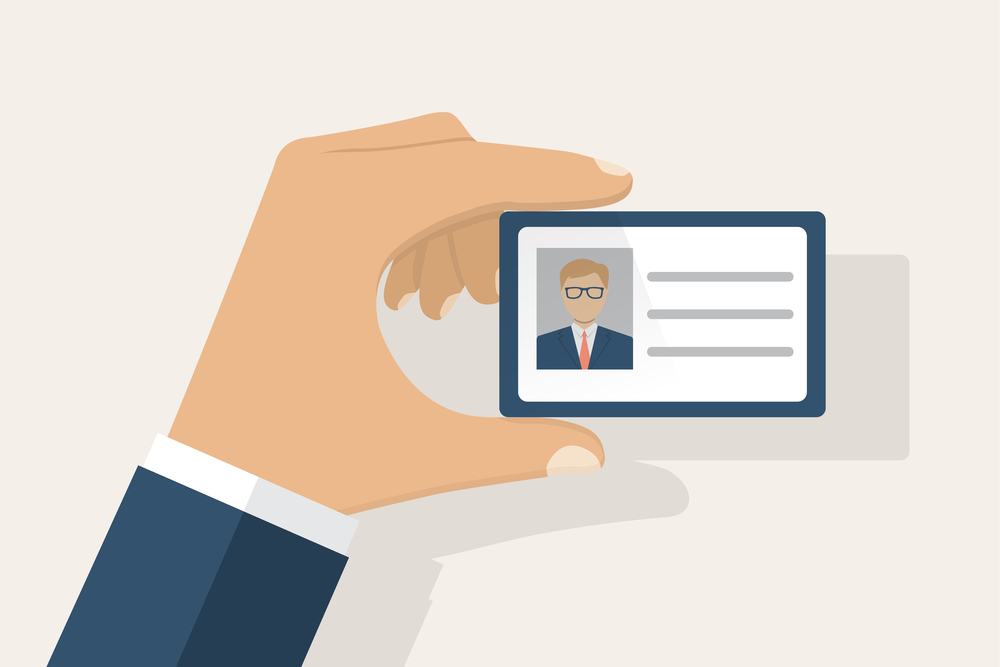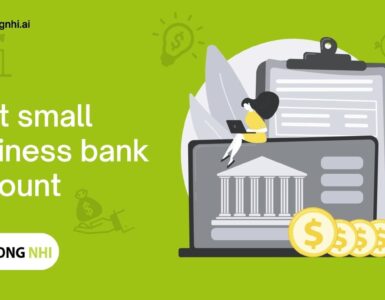Opening a business bank account is a crucial step for any entrepreneur. It helps separate personal and business finances, streamlines financial management, and provides access to specialized business banking services. To open a business bank account, certain documents and information are typically required. In this comprehensive guide, we will outline the key requirements you need to fulfill to successfully open a business bank account.
1. Business Documentation
To open a business bank account, you will need to provide specific business documentation depending on your business structure:
a. Sole Proprietorship
- Social Security Number (SSN) or Individual Taxpayer Identification Number (ITIN) of the business owner.
- Fictitious Business Name (DBA) registration, if applicable.
- Business license, if required in your locality.
- Personal identification documents, such as a valid passport or driver’s license.
b. Partnership
- Partnership agreement outlining the rights and responsibilities of each partner.
- Employer Identification Number (EIN) issued by the Internal Revenue Service (IRS).
- Personal identification documents of all partners.
c. Limited Liability Company (LLC) or Corporation
- Articles of Organization (for LLC) or Articles of Incorporation (for Corporation) filed with the appropriate state agency.
- Operating Agreement (for LLC) or Bylaws (for Corporation).
- Employer Identification Number (EIN) obtained from the IRS.
- Personal identification documents of all authorized signatories.
2. Personal Identification
In addition to business documentation, you will need to provide personal identification documents for all authorized signatories of the business bank account. This typically includes a valid passport, driver’s license, or government-issued identification card.

3. Proof of Address
Most banks require proof of your business’s physical address. This can be established through utility bills, lease agreements, or property ownership documents. Ensure that the proof of address matches the business address provided during the account opening process.
4. Business Tax Identification Number
Obtain an Employer Identification Number (EIN) from the IRS. This unique nine-digit number is used to identify your business for tax purposes. You will need to provide your EIN during the account opening process.
5. Business Licenses and Permits
Depending on your industry and location, you may be required to obtain specific licenses or permits. Some banks may request copies of these licenses or permits to verify the legitimacy of your business.
6. Banking Resolution or Authorization
For businesses with multiple owners or authorized signatories, a banking resolution or authorization document may be required. This document designates individuals who are authorized to conduct banking transactions on behalf of the business.

7. Initial Deposit
Be prepared to make an initial deposit when opening a business bank account. The required minimum deposit varies among banks, so check with your chosen bank for their specific requirements.
Related articles:
- The essential items you need to open a bank account
- How to Close a Bank of America Account?
- How to Get Started a Business Bank Account?
- The Best Small Business Bank Account
Conclusion
Opening a business bank account is a critical step in managing your business finances effectively. To open an account, gather the necessary business documentation, personal identification documents, proof of address, and obtain an Employer Identification Number (EIN) from the IRS.
Familiarize yourself with the specific requirements of your chosen bank and ensure all necessary paperwork is prepared and available. By fulfilling these requirements, you can establish a dedicated business bank account to efficiently manage your business’s financial affairs.
















